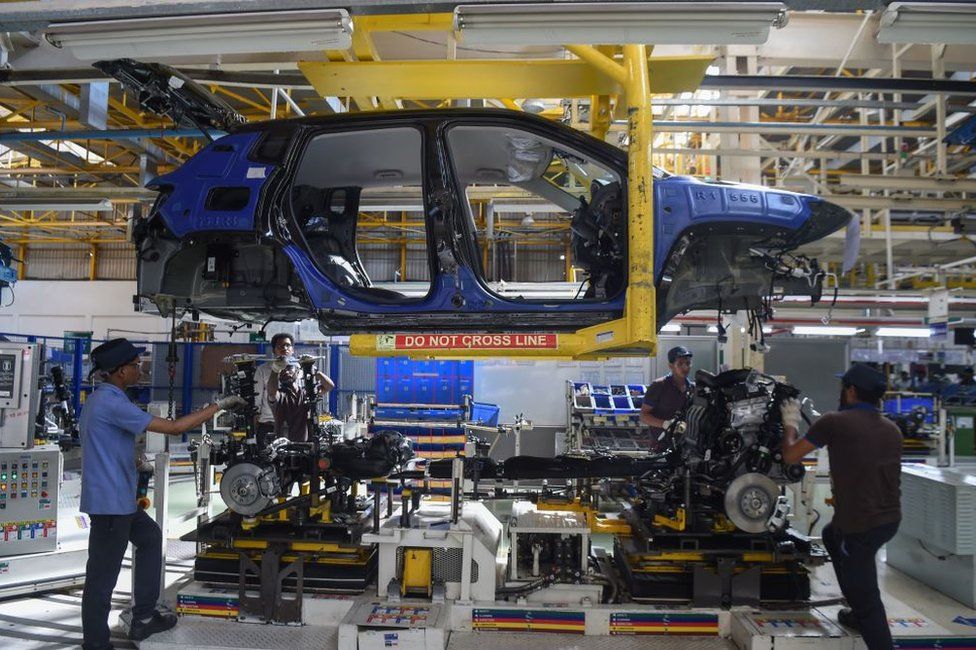India’s import regulations target Korea after China: report
The Korea Herald - 15 September 2020
India’s import regulations target Korea after China: report
By Shin Ji-hye
South Korean exporters need to be on alert as India has been strengthening trade remedies such as anti-dumping measures to protect its industries, a local trade association said Tuesday.
According to a report released by the Korea International Trade Association, the number of newly launched investigations on imports by India between 2016 and 2019 was 60.5 on average per year, nearly doubling from 30.3 between 2010 and 2015.
As for the countries subject to new investigations since 2016, China topped the list with 77 cases, followed by South Korea with 24, Thailand with 22 and Malaysia with 21.
“Recently, India’s import regulations are very strong and aggressive, requiring special attention from exporters targeting the Indian market,” the report said.
“In particular, petrochemical and steel companies are constantly subject to anti-dumping and countervailing duties in India, so it is important to prepare for potential risks of import regulations even before exports.”
In February this year, India revised the enforcement ordinance for anti-dumping, subsidies and countervailing duties, further strengthening its protectionist trend through the readjustment of laws.
KITA said although India has recently complied with the deadline set by the World Trade Organization for anti-dumping investigations and increased procedural fairness, such as information disclosures, exporters still face difficulties in calculating dumping margins and determining industrial damages.
“In particular, exporters are burdened with excessive investigation standards that are hard to see in other countries, such as imposing a duty on companies involved with the accused companies by India.”
Kim Kyung-hwa, a senior researcher at KITA, said, “There have been a series of protectionist measures in India, including raising tariffs on automobiles and auto parts, so related companies should closely monitor India’s moves.”






